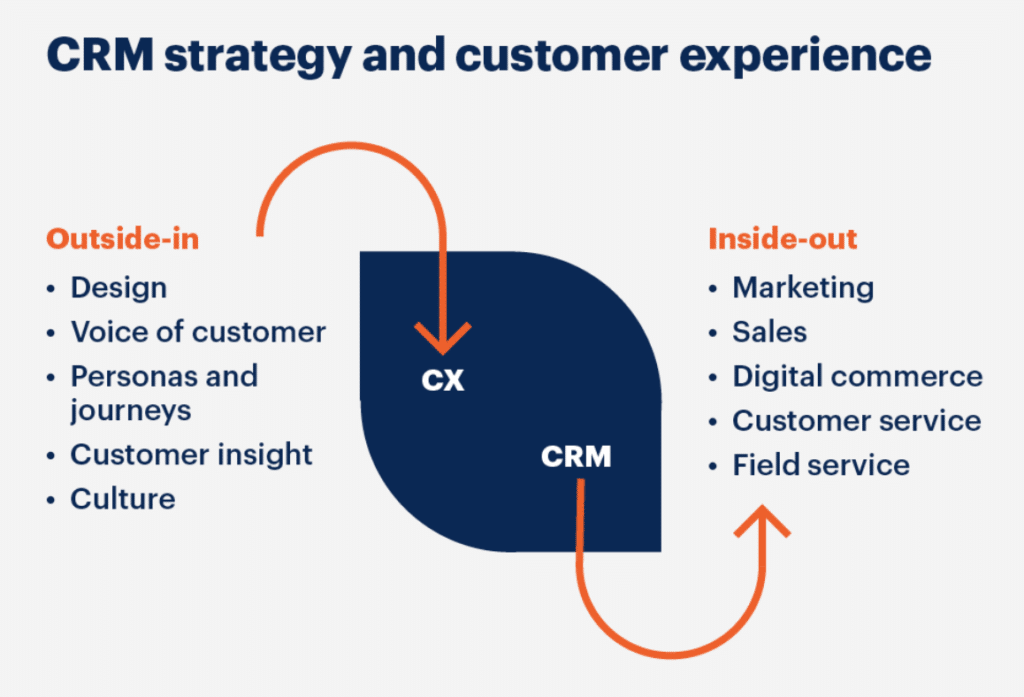CRM Strategies for Enhanced Customer Engagement

In today’s competitive business landscape, customer engagement has become a critical factor for the success of any organization. Building strong relationships with customers is essential for driving loyalty, repeat business, and positive word-of-mouth. Customer Relationship Management (CRM) strategies play a pivotal role in enhancing customer engagement, and this article will explore various effective approaches that businesses can adopt.
Understanding Customer Engagement
Customer engagement refers to the emotional connection and level of interaction a customer has with a brand. Engaged customers are more likely to be loyal, provide valuable feedback, and advocate for the brand. Engaging customers at different touchpoints of their journey is crucial for businesses to thrive in today’s digital world.
Importance of CRM in Customer Engagement
CRM systems are designed to streamline interactions with customers, collect and analyze data, and provide personalized experiences. By leveraging CRM, businesses can track customer interactions, preferences, and behaviors to gain valuable insights. This knowledge can be utilized to create tailored engagement strategies that resonate with customers on a deeper level.
Key Elements of Effective CRM Strategies
1. Data Collection and Analysis
A successful CRM strategy starts with robust data collection and analysis. By capturing customer information from various sources, such as website interactions, social media, and purchase history, businesses can gain a holistic view of their customers’ preferences and needs. Analyzing this data allows companies to identify patterns, trends, and opportunities for improvement.
2. Personalization and Targeting
Personalization is key to engaging customers effectively. Using CRM data, businesses can create personalized marketing campaigns, product recommendations, and communication tailored to each customer’s preferences. Targeted messages resonate better with customers and enhance their overall experience.
3. Multichannel Communication
With customers interacting through various channels, businesses must adopt a multichannel communication approach. CRM systems enable seamless communication across platforms, ensuring consistent and timely interactions with customers. Whether it’s through emails, social media, or chatbots, being present where customers are boosts engagement.
4. Customer Feedback and Surveys
Feedback is invaluable for improving products and services. CRM allows businesses to collect feedback through surveys, reviews, and customer service interactions. Listening to customer concerns and addressing them promptly demonstrates a commitment to their satisfaction.
5. Loyalty Programs and Rewards
Rewarding loyal customers fosters a sense of appreciation and strengthens their emotional bond with the brand. CRM can help design and manage loyalty programs, offering personalized rewards based on individual customer behavior.
6. Customer Support and Service
Efficient customer support is crucial for customer engagement. CRM streamlines customer service processes, ensuring quick issue resolution and personalized assistance. Excellent service builds trust and loyalty.
Implementing CRM Strategies
1. Choosing the Right CRM Software
Selecting the right CRM software is vital. Businesses should consider factors like scalability, integration capabilities, security, and ease of use when choosing a CRM solution that aligns with their unique requirements.
2. Training and Integration
Implementing a CRM system requires proper training for employees to ensure efficient usage. Moreover, integrating CRM with other business systems, such as sales and marketing tools, maximizes its potential.
3. Monitoring and Measuring Success
Monitoring CRM performance and measuring its impact is essential. Regular analysis of key performance indicators (KPIs) helps businesses refine their strategies and adapt to changing customer needs.
Overcoming Challenges in CRM Implementation
Implementing CRM strategies may come with challenges, such as resistance from employees, data security concerns, or technical issues. It’s crucial for businesses to address these challenges proactively and offer necessary support and resources.
Case Studies: Successful CRM Strategies
The article will provide real-life case studies of companies that successfully implemented CRM strategies to enhance customer engagement. These examples will showcase the effectiveness of CRM in driving business growth.
Conclusion
In conclusion, CRM strategies are indispensable for boosting customer engagement and fostering strong, lasting relationships with customers. By collecting and analyzing customer data, personalizing interactions, and offering excellent customer support, businesses can create memorable experiences that keep customers coming back.
FAQs:
- Q: What is customer engagement? A: Customer engagement refers to the emotional connection and level of interaction a customer has with a brand.
- Q: Why is CRM important for businesses? A: CRM allows businesses to collect and analyze customer data to create personalized experiences and enhance customer engagement.
- Q: How can businesses overcome challenges in CRM implementation? A: By offering proper training, addressing data security concerns, and providing support to employees during the implementation process.
- Q: What role does multichannel communication play in CRM strategies? A: Multichannel communication ensures consistent and timely interactions with customers across various platforms.
- Q: How can CRM help in building customer loyalty? A: CRM enables businesses to design and manage loyalty programs that offer personalized rewards to loyal customers.